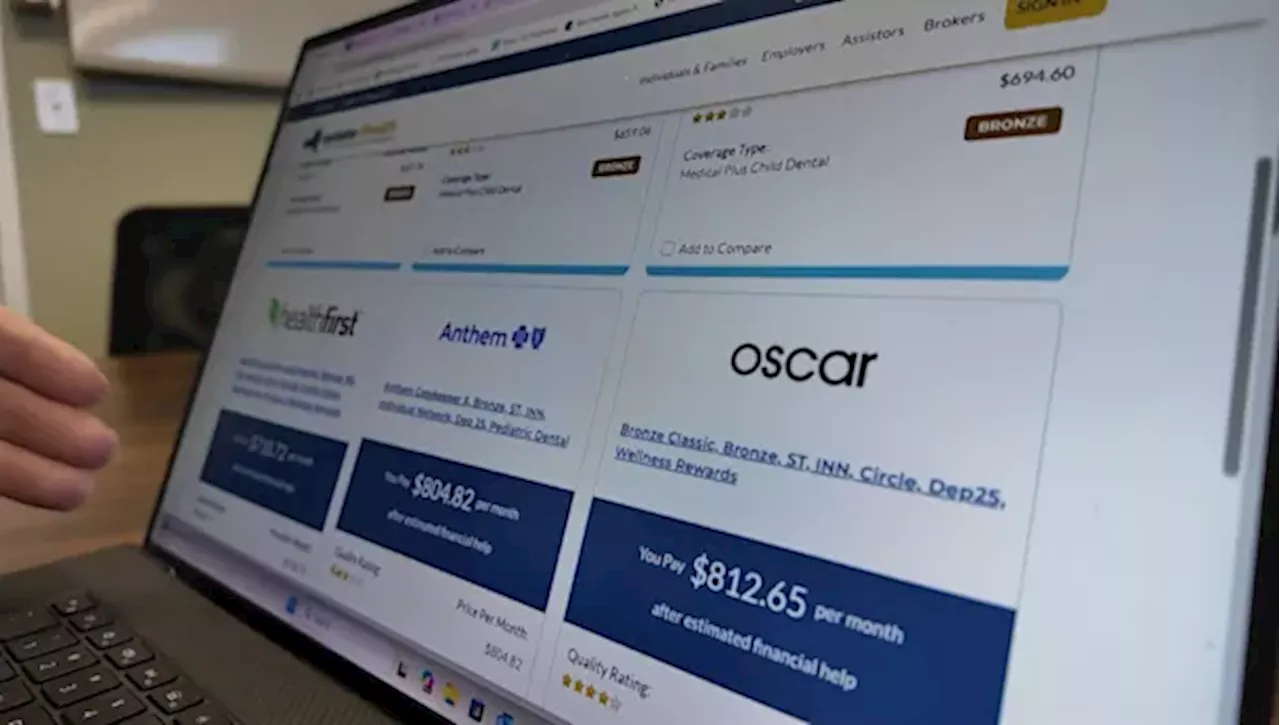Experts from Rutgers Health, Harvard University, and the University of Pittsburgh have raised significant concerns regarding the risks associated with unregulated mobile health applications aimed at reducing substance use. In a recent commentary published in the Journal of the American Medical Association, they emphasize the urgent need for improved oversight of these technologies to protect consumers from potentially misleading information.
Need for Oversight in Mobile Health Applications
Jon-Patrick Allem, a member of the Rutgers Institute for Nicotine and Tobacco Studies and the senior author of the commentary, highlights that while some mobile health apps have shown efficacy in controlled studies, their real-world impact is often minimal. Many of these applications generate revenue through advertisements rather than scientific backing, making it difficult for users to identify effective solutions.
App stores frequently prioritize visibility over credibility, leading to the promotion of products that may lack proper evidence. According to systematic reviews, most substance use reduction apps do not implement evidence-based methodologies, often making exaggerated claims about their effectiveness. This raises concerns about the reliability of information presented to users.
Identifying Evidence-Based Applications
Determining whether a health app is evidence-based involves looking for key indicators. Consumers should seek apps that cite scientific research, ideally developed in collaboration with professionals or academic institutions. Independent evaluations published in scientific journals and adherence to strict data standards, such as compliance with HIPAA, are also crucial markers of credibility. Furthermore, avoiding apps that promise guaranteed results or use vague terminology is advisable.
The current regulatory landscape for health-related mobile applications is notably lacking. Many health claims made by these apps remain unverified, leaving users vulnerable to misinformation that can impede recovery efforts for those with substance use disorders.
Risks of Generative AI in Health Apps
The incorporation of generative artificial intelligence (AI) into health apps has flooded the market with unregulated products. While models like ChatGPT have increased access to health information, they also introduce significant safety risks, including the potential for inaccurate information and inadequate responses to crisis situations. This can inadvertently normalize unsafe behaviors.
To protect themselves, consumers should be cautious of apps that lack clear, substantiated claims. Phrases such as “clinically proven” should prompt scrutiny unless supported by specific references.
Strengthening Regulation and Consumer Safety
One proposed approach to enhance regulation in the mobile health app marketplace is to require approval from the Food and Drug Administration (FDA). This would necessitate that apps undergo randomized clinical trials and meet established standards prior to public release. Until such measures are enacted, clear labeling is essential to help consumers distinguish between evidence-based applications and those that are not.
Implementing enforcement mechanisms, such as fines or removal of noncompliant products from app stores, could ensure that mobile health apps are both accurate and responsible. With appropriate safeguards in place, the public can better navigate the complex landscape of health technology and make informed decisions regarding their well-being.







